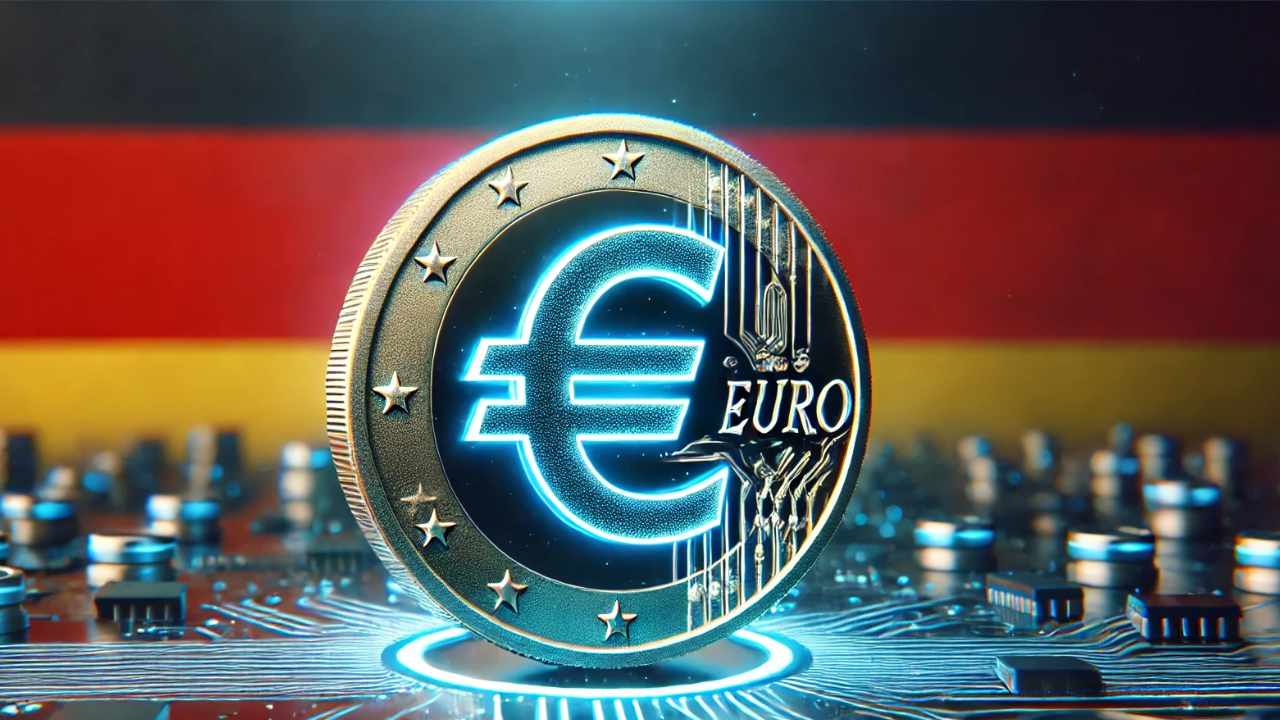
Skepticism about the digital euro is particularly pronounced in Germany, especially among older citizens who highly value privacy and security in their financial transactions. Many Germans are resistant to the concept of a digital currency, with approximately 50% unable to envision using it.
Bundesbank President Joachim Nagel has labeled cash as “sacred” in Germany, highlighting deep-rooted concerns regarding the potential loss of control over personal finances. This skepticism was notably underscored during a visit to a Cold War-era bunker near Frankfurt, where alternative Deutsche marks were previously stored to guard against counterfeit-induced hyperinflation. The secrecy maintained by this bunker until the marks were destroyed in 1988 mirrors current anxieties surrounding a digital economy.
The European Central Bank (ECB) aims to tackle these concerns by implementing robust privacy measures. However, doubts still linger. While ECB President Christine Lagarde asserts that the digital euro will coexist with physical cash, many older Germans harbor fears about becoming overly dependent on technology and the potential for privacy breaches.

Image Credits: Shutterstock, Pixabay, Wiki Commons






Comments
Join Our Community
Sign up to share your thoughts, engage with others, and become part of our growing community.
No comments yet
Be the first to share your thoughts and start the conversation!